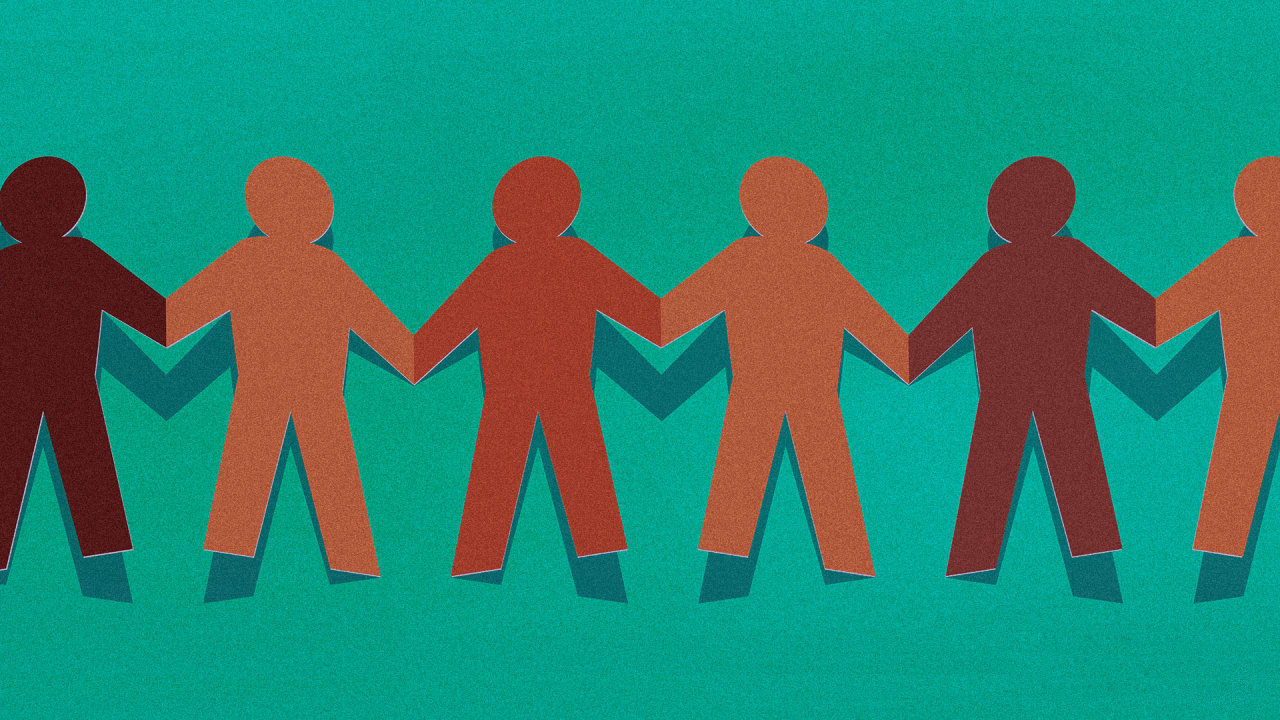
These include repeated violent oppression of African Americans such as the riots that destroyed Black business owners’ wealth on the Black Wall Street in Tulsa, Oklahoma in 1921, codified segregation, legal racial terrorism during the almost centurylong period from Reconstruction to the civil rights era, systematic exclusions of African Americans from better-paying jobs, and continued occupational segregation. There are several factors that have contributed and continue to contribute to this. The labor market experience for African Americans has historically been worse than that for whites, and this continues today.

For example, African American workers often see their unemployment rates go up sooner than white workers when the economy sours, and their unemployment rates also take longer to decline when the economy improves than is the case for whites-a phenomenon often described as “last hired, first fired.” Moreover, unemployed Black workers look longer to find and secure a new job than do white workers. Moreover, they tend to work in jobs that are less stable than those held by white workers. They regularly experience higher unemployment rates and work in worse jobs, which feature lower pay and fewer benefits, than whites.

African Americans have always been more vulnerable in the labor market. These differences are not new, and the longest labor market expansion on record has not eliminated them. 3 Despite African American workers having increased access to jobs and actually getting more jobs, labor market outcomes-including higher unemployment and fewer good jobs-continue to be worse for African American workers and their families. These persistent differences reflect systematic barriers to quality jobs, such as outright discrimination against African American workers, 1 as well as occupational segregation-whereby African American workers often end up in lower-paid jobs than whites 2-and segmented labor markets in which Black workers are less likely than white workers to get hired into stable, well-paying jobs. They continue to face systematically higher unemployment rates, fewer job opportunities, lower pay, poorer benefits, and greater job instability. (see Figure 1) However, African American workers still face more hurdles to get a job, never mind a good one, than their white counterparts. labor market has now seen a record 109 months of uninterrupted job growth, with the overall unemployment rate falling to its lowest level in 50 years. I haven’t received one single job offer based on their services.Author’s note: CAP uses “Black” and “African American” interchangeably throughout many of our products. We chose to capitalize “Black” in order to reflect that we are discussing a group of people and to be consistent with the capitalization of “African American.” I asked them to change it they didn’t!! They branded my resume with my current civil service job title which I’m trying to get away from! Overall, it seemed unorganized and a mess. My resume revision had a bunch of stuff I didn’t do. You could tell she didn’t have much experience with career coaching. So unprofessional! Then the only thing she came up with for my career options was HR generalist. She called me at a totally different time than I booked. Neither did the career coaching that I paid for. However, I should have stopped there! The resume REVISION didn’t go well. That person provided the most insight and sold me on other services that I later purchased. Especially for the $25 or so that I paid.

My resume review was actually pretty good.

Since I can’t find the company on Google to review I will share my experience here.


 0 kommentar(er)
0 kommentar(er)
